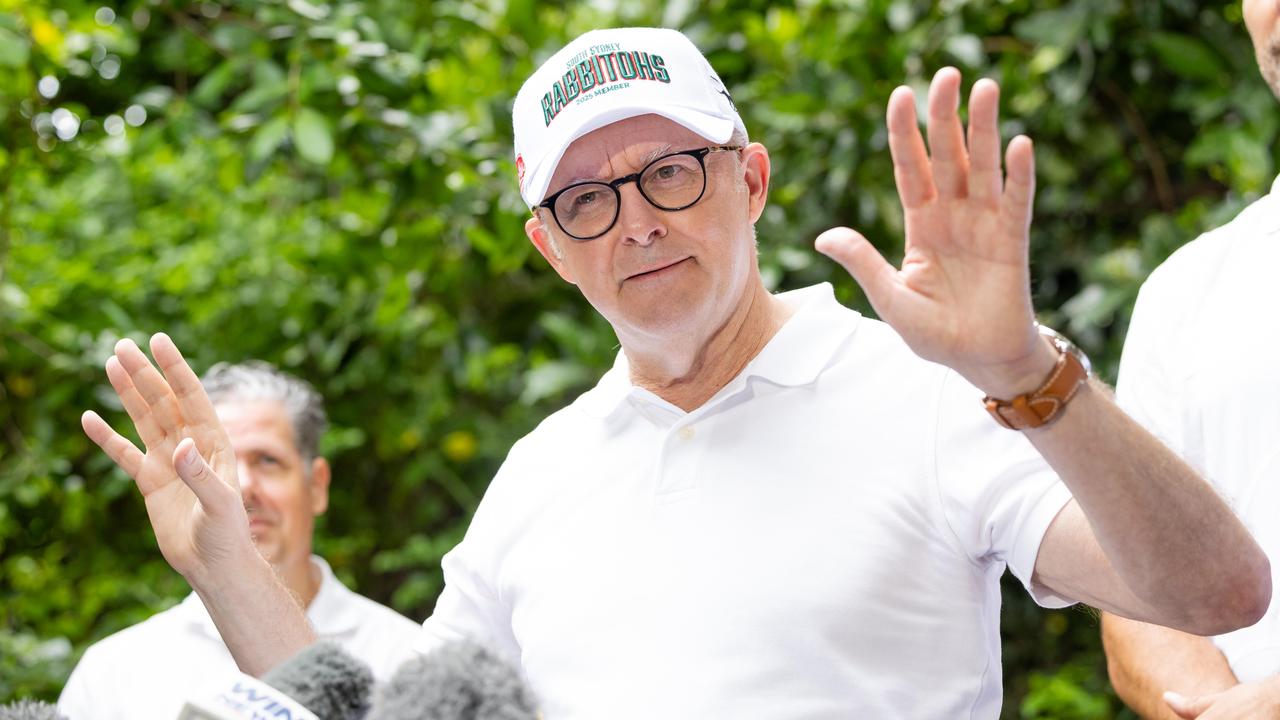‘Caring for country’: Queensland town reserve granted as freehold to Aboriginal owners in landmark ruling
An Aboriginal group has been handed 210 hectares of freehold land in a tiny outback town, saying “words cannot describe” how important the moment is for them.
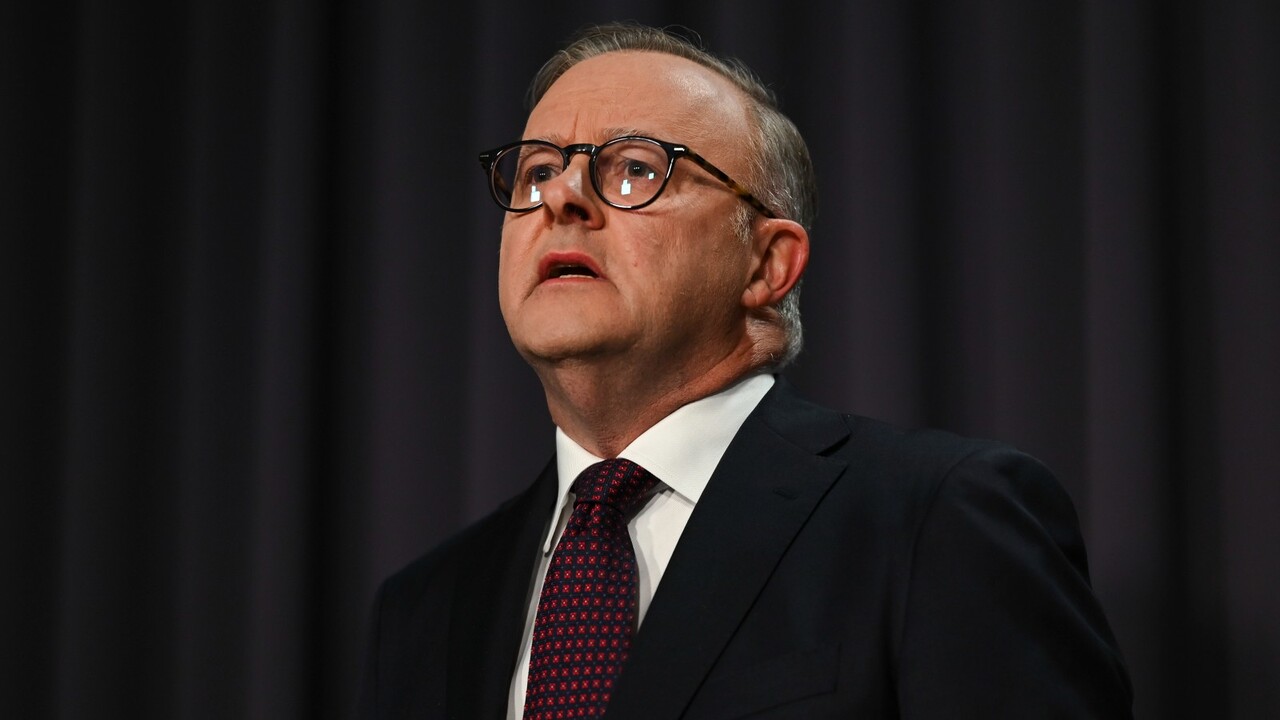
An Aboriginal corporation has been granted a 210-hectare parcel of freehold land in a tiny outback town after a three-year process, with the group saying it plans to turn the site into an “eco-cultural attraction”.
Toobeah Reserve, which surrounds the town of around 30 people in outback Queensland, has officially been transferred to the Bigambul Native Title Aboriginal Corporation (BNTAC) after a series of consultations earlier this year between the Bigambul people, Toobeah locals, the Goondiwindi Regional Council and the state government.
Toobeah, near Goondiwindi in the Darling Downs region on the border with NSW nearly 400 kilometres southwest of Brisbane, consists of around a dozen homes and a pub, the 113-year-old Toobeah Hotel.
The Bigambul people have been recognised as native title holders over 17,000 square kilometres of southern Queensland following a 2016 federal court decision, including the majority of the Goondiwindi region.
In July 2021, BNTAC applied to take control of Toobeah Reserve, which is considered a culturally significant site to the traditional owners, as freehold land under section 33 of Queensland’s Aboriginal Land Act 1991.
Only a small number of freehold land transfers have taken place under the act to date, mainly in the state’s far north around Cape York.
The process was finalised late last month, with the deed of grant of land signed by Queensland Governor Jeannette Young on September 28 — the first such grant for the Bigambul people who have hailed the landmark decision.
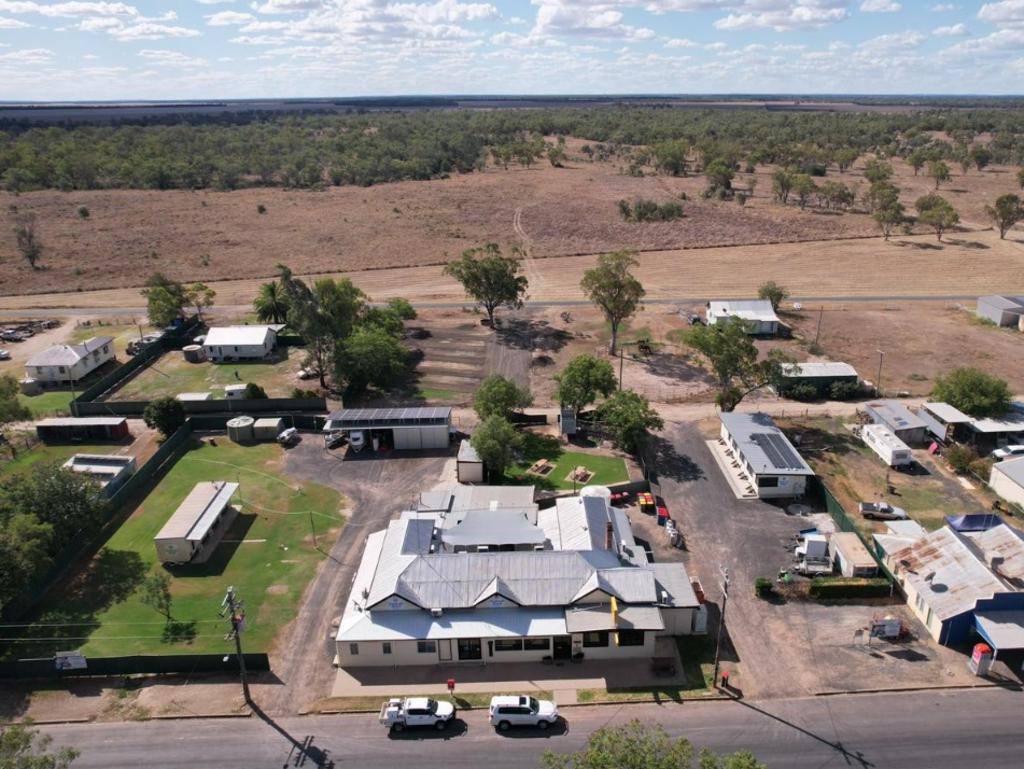
No Bigambul people currently live in Toobeah, but families lived on the reserve from the mid-20th century until the late 1960s.
Parents of current Bigambul elders who grew up on the reserve worked on local farms and industry across the district, including as farm hands, shearers, house keepers and ring barkers.
BNTAC executive director Justin Saunders said having the land returned to his people was an extremely emotional moment, particularly for elders who were born and raised there.
“Words cannot describe how important this moment is for Bigambul people to have a place of such cultural significance returned to us,” Mr Saunders said in a statement.
“Toobeah Reserve is a connection place to songlines, land and waters, ceremony and marriage including burial sites, scar trees, bush tukka and medicine bushes. Our elders lived on the reserve as children up until the late 1960s and practised traditional ecological knowledge and lived in connection with country.”
Mr Saunders said Toobeah Reserve would “now be a place of healing, connection and opportunity for all Aboriginal people and the community who have a cultural connection or affiliation to it”.
“Restoring country to its original state through restoration programs will be one of the first priorities,” he said.
BNTAC now holds inalienable freehold of the block, meaning it can’t be bought, sold or mortgaged and will be held in perpetuity for the benefit of Aboriginal people connected to the land.
“The land known as the Toobeah Reserve is a highly culturally significant site for the Bigambul people with Aboriginal burial sites, Aboriginal camps, scar trees and medicine bushes,” a spokesman for the Queensland Department of Resources said in a statement.
“Last month’s deed of grant transfer was the culmination of a very rigorous process. It is important to note this parcel of land is outside the township of Toobeah and the department has been working with the Goondiwindi Regional Council to secure critical infrastructure and areas for the future expansion of Toobeah. Land has been granted as inalienable freehold for the benefit of First Nations peoples by the Queensland government for more than 30 years.”
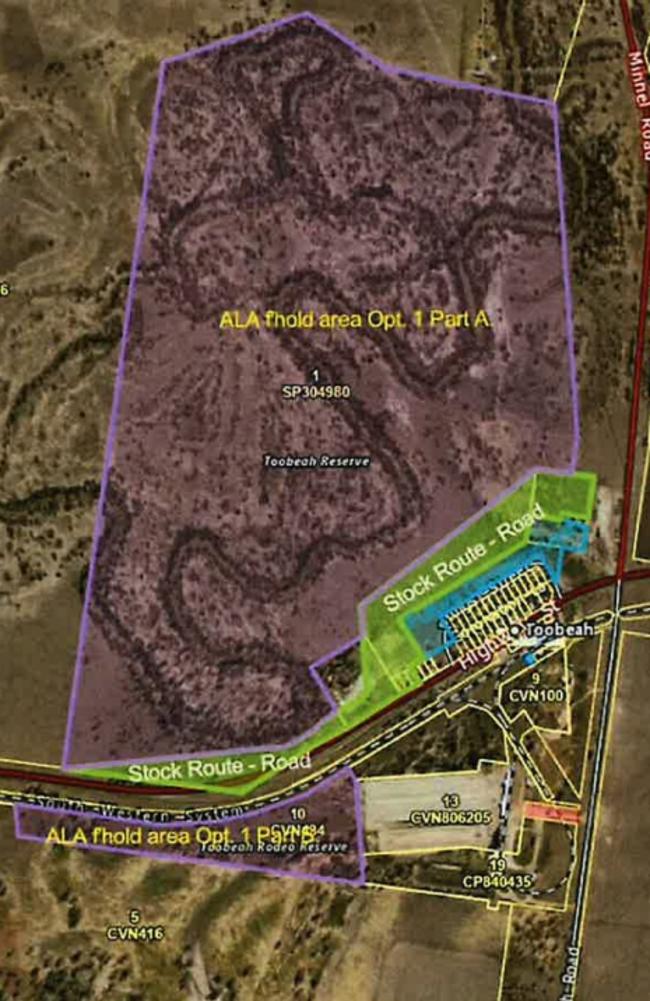
The transfer includes requirements for accommodating the existing stock route and water infrastructure. Around six hectares of the reserve has been carved off for the council for future residential dwellings.
Goondiwindi Mayor Lawrence Springborg said what happened to the reserve now was “a matter for [the Bigambul people] to decide”.
“They indicated to the Toobeah community some time ago that they were wanting to look at making it a place of cultural appreciation and environmental restoration,” he said.
“As I’ve always said, it was state land with underlying native title and council was simply the trustee caretaker of it.”
The group is preparing a master plan for the reserve to create “opportunities around caring for country, healthy waterways and eco-cultural tourism for Toobeah”.
“The land is in dire need of restoration and rejuvenation with many weed species throughout, bush medicines and foods are no longer in abundance and native fruits lacking quality due to a lack of caring for country work,” it says on its website.
“People have been riding trail bikes and four-wheel drives across the property unlawfully and damaging the river banks and riparian vegetation over the years. Bigambul plans to develop the site as an eco-cultural attraction for the town and region, and extend visitor stays.”
Toobeah Hotel owner Michael Offerdahl had been vocally opposing the proposed transfer, sparking a months-long war of words with BNTAC and the local council which accused him of spreading “misinformation”.
Mr Offerdahl said the community consultations, held in February and March, were heated.
“Both sides are referencing this community consultation, [but] the working group was all about dealing with life after Bigambul take your town,” he said. “We didn’t have any way of fighting this at all.”
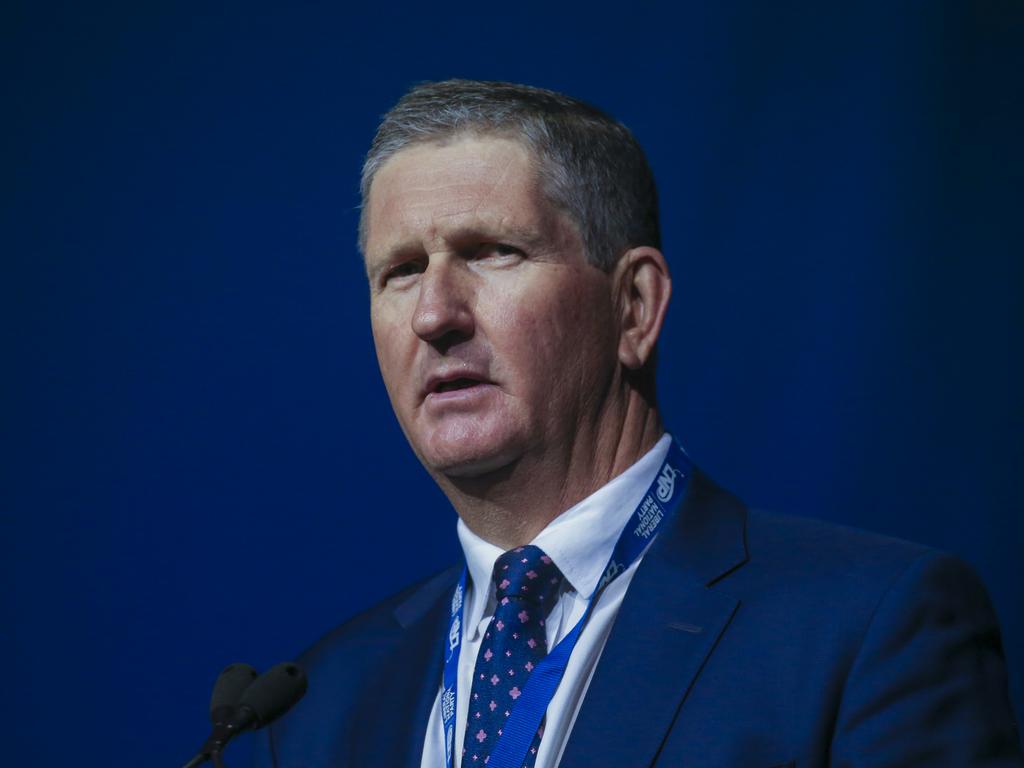
Mr Offerdahl previously said the reserve represents “95 per cent of our town” — a claim flatly rejected by BNTAC and the council — and argued it was the “town common” widely used for recreation and other activities, despite its official designation for use by livestock only.
He was critical of the transfer process, which he said was presented by the council as a “foregone conclusion”, and questioned the Bigambul people’s claim to the land.
“They haven’t lived here for 60 years,” he said. “My business has been here longer than the Bigambul people.”
Cr Springborg conceded there were “mixed feelings but there always are”.
“There has been a huge amount of misinformation in regards to this, but frankly the state government were absent in managing this process and I think that allowed misinformation to flourish,” he said.
The Aboriginal Land Act application process, like other similar government dealings, is largely confidential — although BNTAC says Bigambul representatives had spoken with locals informally several times over the years about the proposal and they were not kept in the dark as claimed.
“Some community representatives have not been transparent with their own economic interests, access and use of the reserve,” BNTAC says.
Goondiwindi Regional Council wants the law to be changed to legislate a state-managed public consultation process for Aboriginal Land Act transfers, and will present a motion at next week’s Queensland local government conference.
“That’s where I think it’s fallen down,” said Cr Springborg, who is president of the Liberal National Party of Queensland (LNP).
“That’s where we get all this silliness of 95 per cent of the town being given away. In actual fact the town will expand out of this. The freehold footprint will double from 5.5 hectares to 12 hectares. We will hold those blocks on behalf of the community and make available that land as interest is expressed. Rather than the town reduced by 95 per cent it’s going to increase in size by 100 per cent.”
Cr Springborg said the process “has to be fixed for the future because there will be more and more of this”.
“What we’re asking for is something that would otherwise be subject to privacy considerations be more broadly presented to the community because of the community’s broader interest,” he said.





